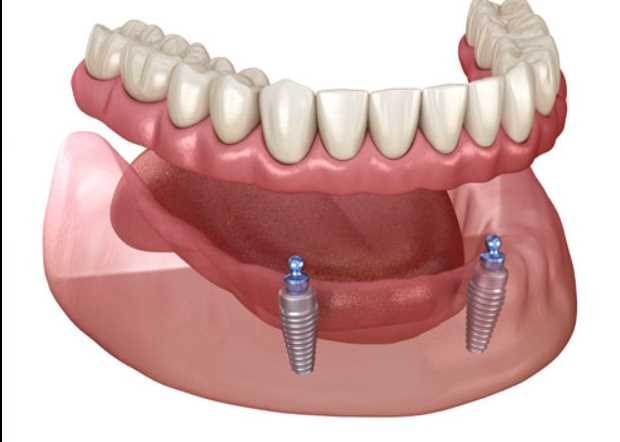These implants are titanium screws fixed into the jaw bone and the gum to form an anchor point for dentures any other form of teeth replacements. The fixed dental implants are permanent. The body heals around the implants and fuses with them through a process known as osseointegration.
What are the benefits?
The most important benefit is that they are more stable and durable than other types of dental replacement. This means that they will last longer than different dentures and be more comfortable to wear. Another benefit of using dental implants is that they can be used to replace all types of teeth, including natural teeth and dentures and artificial teeth such as crowns and bridges.
Another benefit is that implants don’t require metal in their construction plastic or ceramic material called composite material (composite) can be used instead. However, dental implants do not require any bonding material, unlike some other dentures made with metal or porcelain materials; there will be no need for additional support when wearing your new prosthetic denture.
However, they are easy to use than other types of dentures, therefore, these dentures can support a more significant weight load.
How much do implants cost?
Implant-supported dentures have many different prices depending on the implant used and where it is placed in the mouth. However, most places offer a sliding scale for those who do not have dental insurance or cannot afford to pay for implants upfront. The average cost for an implant-supported prosthetic is between $2,000 and $3,000 per tooth.
This price includes all of the necessary expenses associated with having your teeth replaced, such as anesthesia and surgery fees and aftercare-related costs such as visits to the dentist and prescription medications.
How many implants do you need?
The number of implants needed to replace all the teeth in your mouth depends on the number of teeth you have and the amount of bone loss. The amount of bone loss is determined by an Invisalign dentist who will take an x-ray and a CT scan of your jaw. In addition, it helps determine how many implants are needed to replace all your teeth.
What type of implant do you need?
There are two types of implants used today that can be placed in your jaw. The first is called a complete arch implant. This implant is placed at the center of the upper and lower jawbone. The second type is called a mini-arch or bridge replacement. This type of implant replaces only portions of the teeth that were lost, including those at back molars and incisors.
What will you need after getting your implants?
After placing your implants, you will need to make sure they are correctly fitted and not interfere with your ability to eat or speak properly. You need to make sure you have taken care of yourself in other ways. For example, your Invisalign dentist may explain how often you should brush your teeth floss them. Consult a dentist regularly to address any problems early on before they become more severe or difficult to treat later.
How long does it take to recuperate from the surgery?
The recovery period for a full mouth rehabilitation after an implant-supported prosthetic restoration ranges from one to two weeks, depending on how the mouth was damaged during surgery. The rehabilitative process will usually include several appointments with your dentist and oral surgeon during this period.
In addition, you will need follow-up visits to your dentist and oral surgeon to ensure that the implants are correctly fitting and that the prosthetic teeth fit properly in your mouth.
There are a variety of implants to choose from, and they can be made to fit virtually any situation that you may have. For example, whether you are looking for a completely natural-looking replacement for your teeth or a more traditional prosthetic device, the correct implant can give you a smile you want and your natural teeth’ appearance.
It would be best to consider contacting a board-certified cosmetic dentist and a board-certified prosthodontist (specializing in dental implants) to offer additional information and advice about the procedure and answer any questions regarding whether this is the right treatment option.

